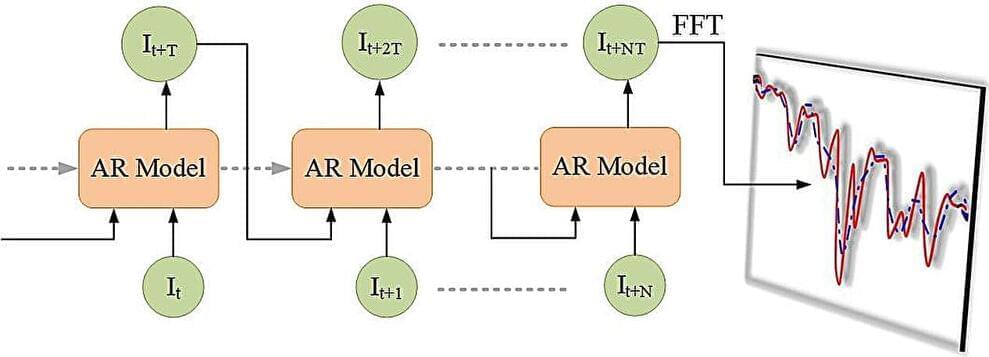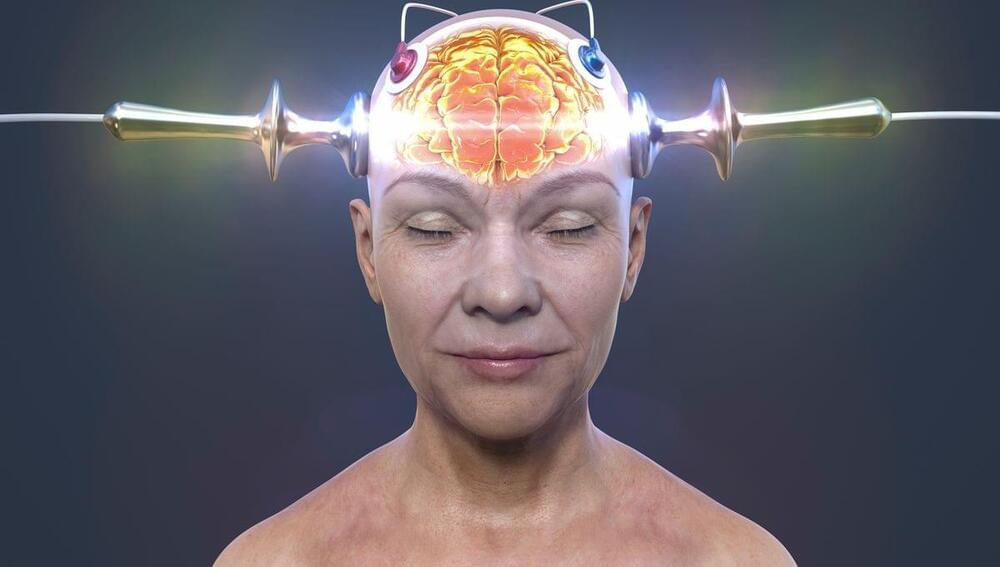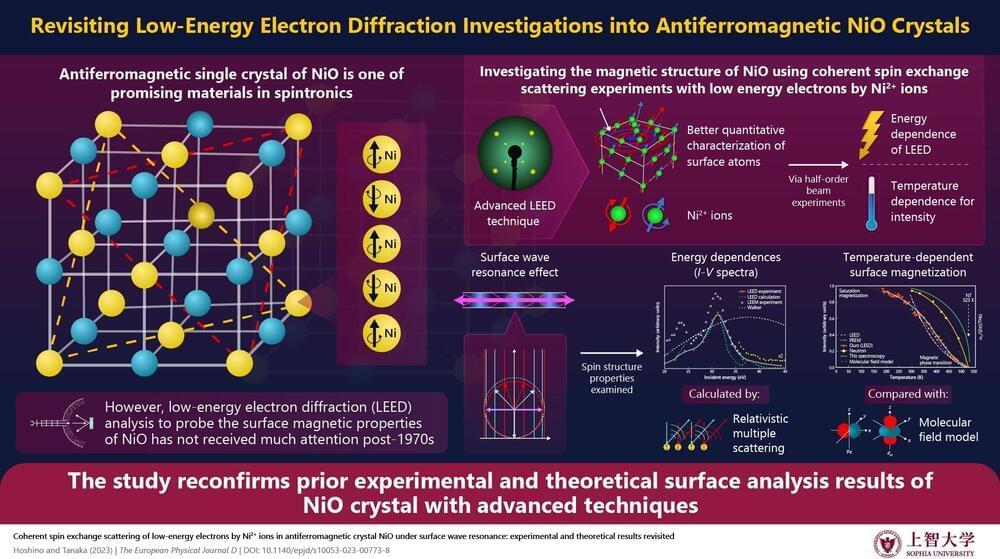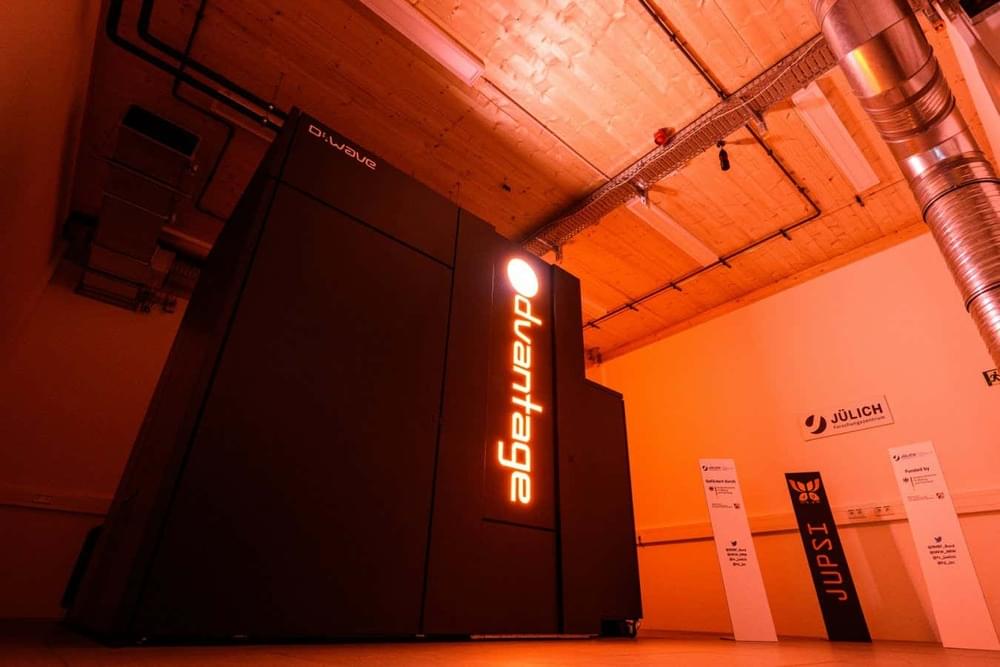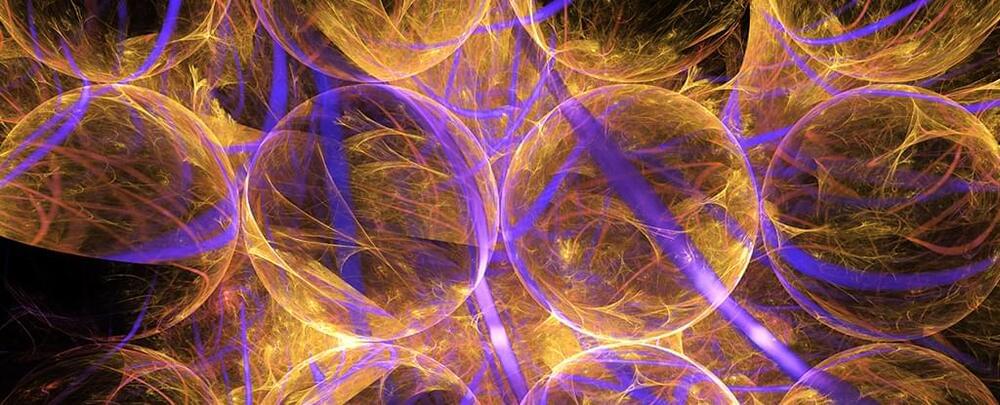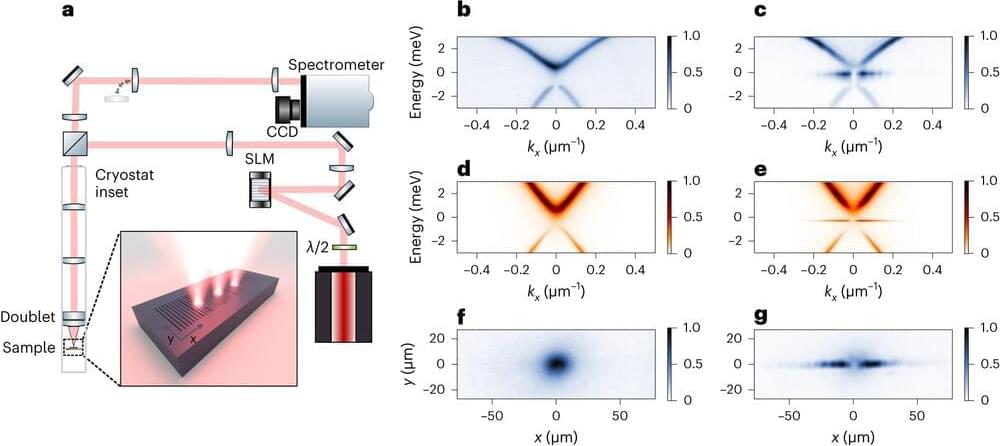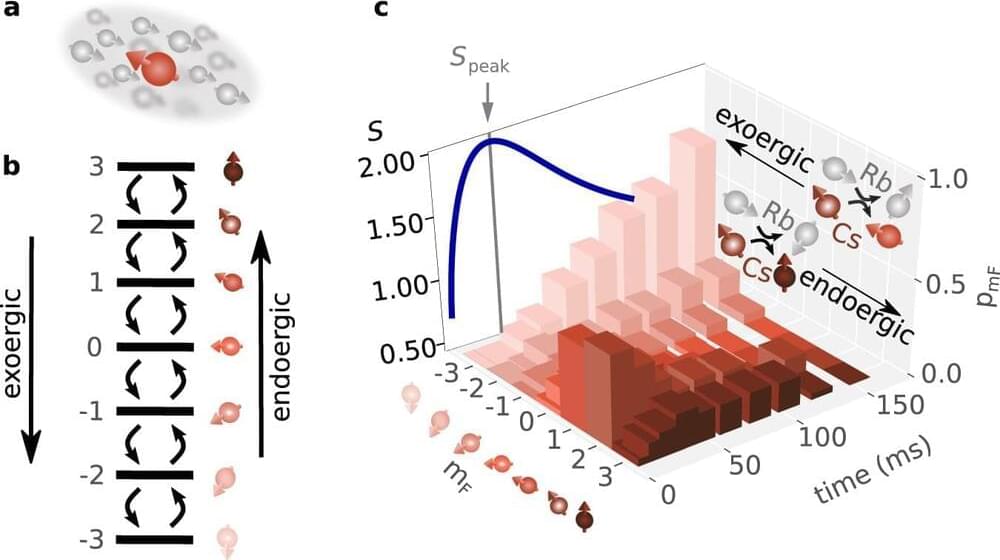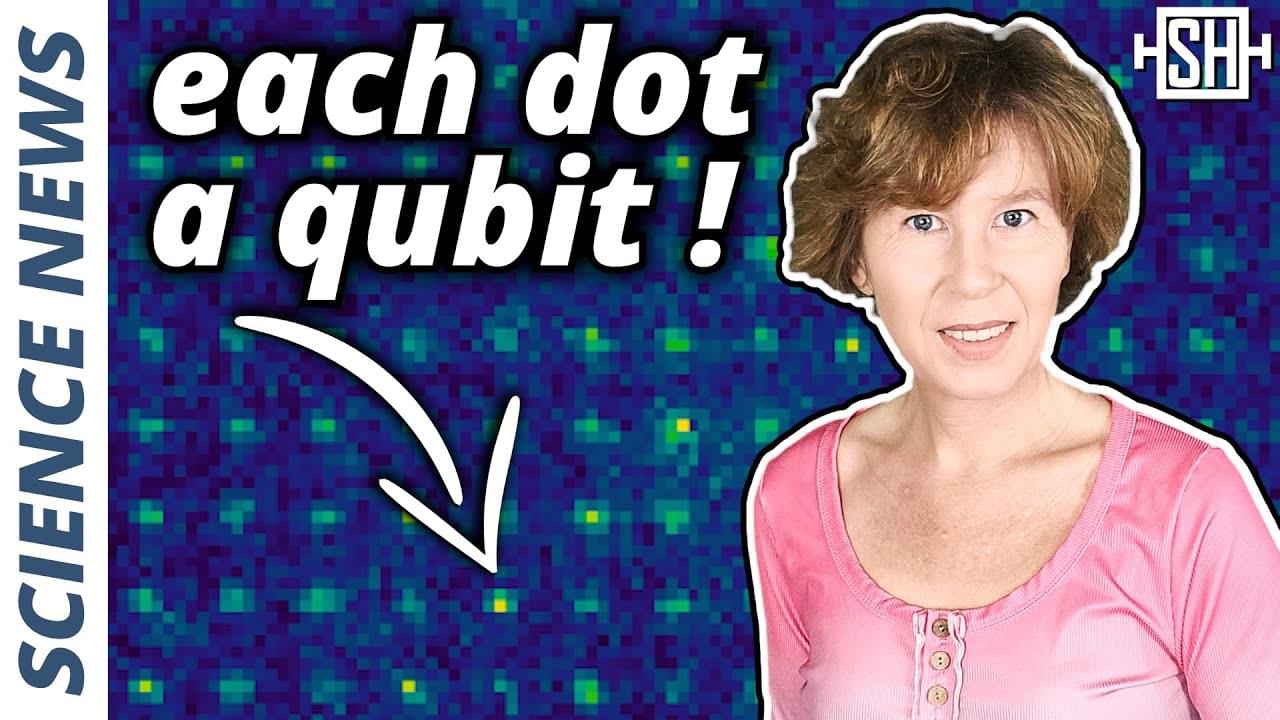Mar 9, 2024
Novel method improves Fourier transform infrared spectroscopy detection of ultra-low concentration trace substances
Posted by Dan Breeden in categories: biotech/medical, engineering, quantum physics
A recent study conducted at Tel Aviv University has devised a large mechanical system that operates under dynamical rules akin to those found in quantum systems. The dynamics of quantum systems, composed of microscopic particles like atoms or electrons, are notoriously difficult, if not impossible, to observe directly.
However, this new system allows researchers to visualize phenomena occurring in specialized “topological” materials through the movement of a system of coupled pendula.
The research is a collaboration between Dr. Izhar Neder of the Soreq Nuclear Research Center, Chaviva Sirote-Katz of the Department of Biomedical Engineering, Dr. Meital Geva and Prof. Yair Shokef of the School of Mechanical Engineering, and Prof. Yoav Lahini and Prof. Roni Ilan of the School of Physics and Astronomy at Tel Aviv University and was recently published in the Proceedings of the National Academy of Sciences.
